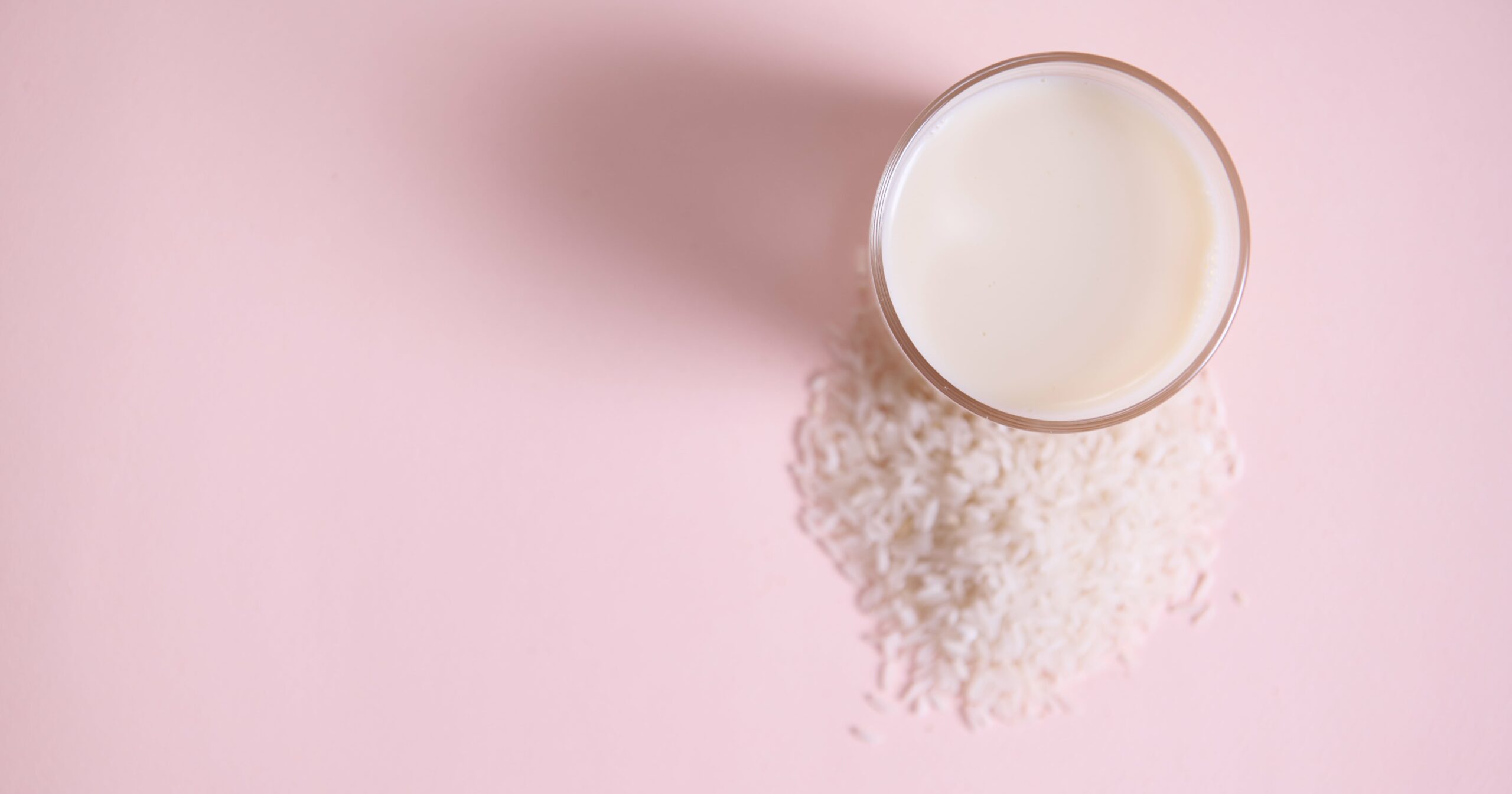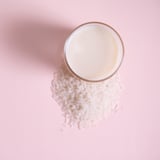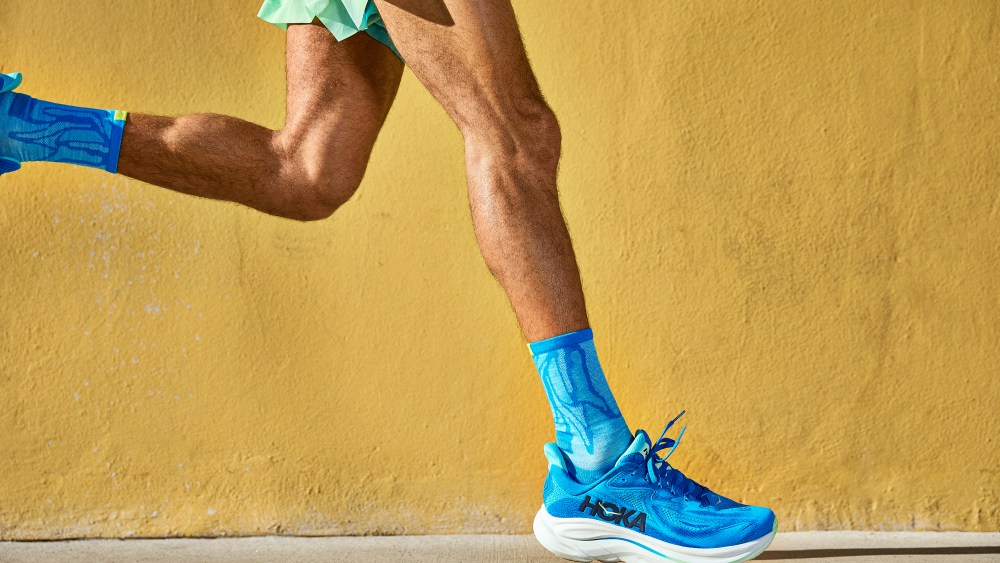The benefits of rice water in beauty know no bounds. It’s been used for centuries in Asia, but it’s having a resurgence after going viral on social media. Earlier this year, everyone on TikTok was obsessed with rice water for hair health, and for good reason: the mixture has been shown to help with hair growth.
But what benefits can be reaped from slathering the mixture all over your face? According to everyone on the app, there are plenty. In fact, the hashtag #ricewaterforskin has 99 million views on TikTok and counting, and people’s interest in the concoction doesn’t seem to show signs of slowing anytime soon. Whether you’re interested in learning how to DIY rice water or you’re curious about what beauty products contain the ingredient, we’ve got you covered. To learn more about the trend, we tapped two experts who break down everything to know about rice water in skin care.
What is Rice Water?
Rice water is exactly what it sounds like: it’s the starchy water left behind from rinsing or soaking rice, usually when cooking. The water is rich in antioxidants and essential nutrients. It can be made at home or purchased in various different beauty products, but it’s typically seen in toner form when being used on the face.
There are quite a few benefits to using rice water in skin care. “It contains brightening ingredients like kojic acid, antioxidants like ferulic acid, as well as hydrating ingredients like allantoin,” Dr. Song says. (Kojic acid has antimicrobial functions, which can help maintain the skin’s microbiome balance and prevent acne.)
“[It] can potentially improve skin texture and pigmentation with consistent use, and it has calming and restorative properties that repair irritated skin barriers,” Teresa Song, MD, board-certified dermatologist at Marmur Medical tells POPSUGAR. “Rice water also contains antioxidants like ferulic acid and vitamin E to combat free radicals from environmental stress as well as UV rays,” Dr. Song says.
Side Effects of Using Rice Water on Skin
The good news is that it can be used on all skin types, however, there are a few caveats. “Rice water is generally well-tolerated even in sensitive skin since it is mild and hypoallergenic,” Dr. Song says.
However, celebrity aesthetician Taylor Worden notes that if you overuse it, it can cause dry, flaky skin and rashes, and if you use it as a shampoo, it can irritate your scalp. “It’s important for patients to spot test when starting a new routine to avoid potential irritations and allergic reactions,” Dr. Song says. “If you’re making your own solution, make sure the rice is well-cleansed and avoid using rice water after a long shelf-time due to bacterial contamination.”
How to Use Rice Water on Skin
@tamsskyn Replying to @Danijela how to make my grandmothers rice water #koreanskincare #skincare #skincaretip #koreanskincaretips #ricewater #affordableskincare #naturalskincare #fyp
Rice water can be made at home by soaking 1/2 cup of uncooked rice in two cups of water for 30 minutes. Once you’ve strained the rice three times, the water is ready to be used. We’d suggest storing it in an airtight container like a mason jar. “Since it’s similar in texture to a toner, it’s best applied as the first step in your skin-care routine, right after washing your face, for quick absorption,” Dr. Song says. “It can be used on a daily basis, and ideally at least two to three times a week for best results.” You can apply it directly to your skin using your hands or a small cotton round or swab.
If you don’t want to go the DIY route, there are plenty of products on the market that include the ingredient. Worden suggests using the Tatcha The Rice Wash Soft Cream Cleanser ($40) or the SKII Facial Treatment Essence ($99).



